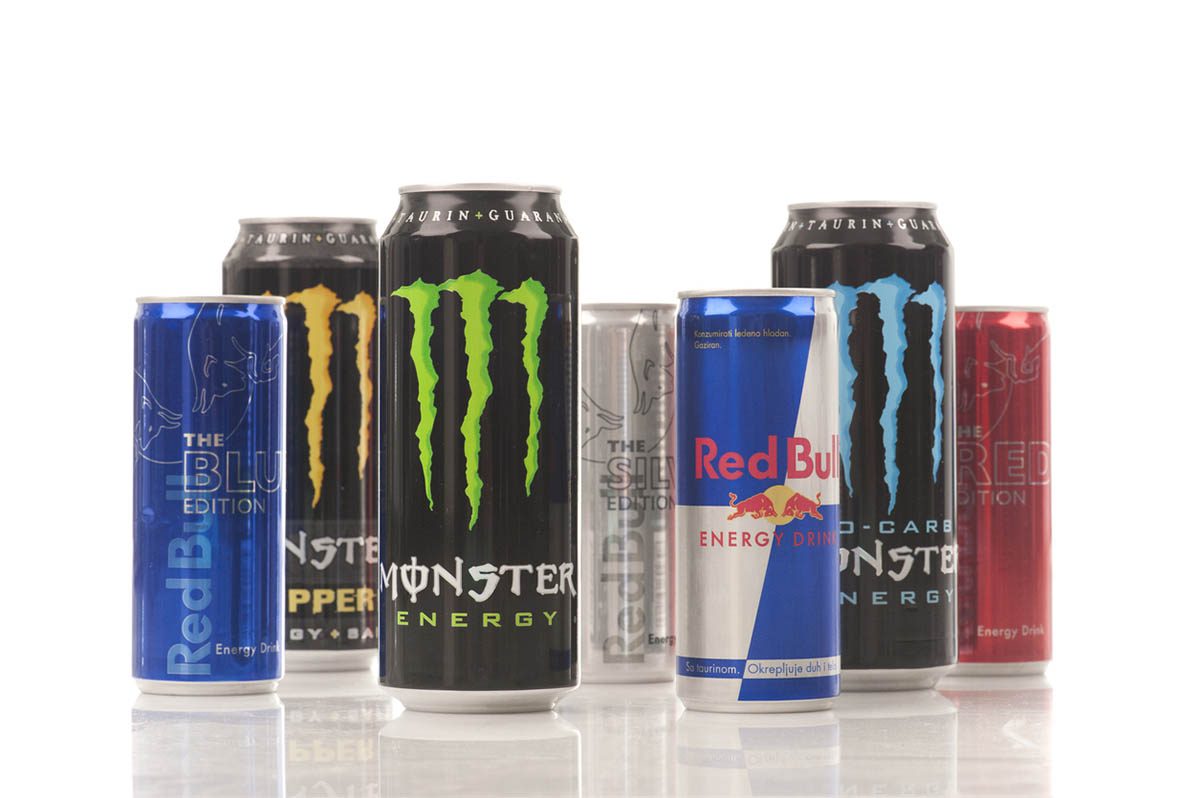
See letter by Bartlett et al.
Repetitive transcranial magnetic stimulation (rTMS) as a brain stimulation method has effects on obsessive-compulsive disorder (OCD) and anxiety disorders.1 We report the case of a patient with OCD and generalized anxiety disorder who completely responded in relapse periods to rTMS, even with single-session rTMS.
Case Report
A 40-year-old man was referred to the brain stimulation unit of Iran Psychiatric Hospital in 2018. His symptoms started in 2013 when he was living in an arctic city while taking educational courses. After immigration to the new city, his anxiety symptoms, restlessness, palpitation, nightmares, somatic complaints, obsessive doubt, and compulsive checking began. At first, he visited a psychiatrist and was prescribed sertraline and trifluoperazine, which he did not continue due to side effects. In 2018, he started rTMS while taking no medication. He received 10-Hz pulses at 110% motor threshold (2,000 total pulses in each session) on the left dorsolateral prefrontal cortex (DLPFC) during a 10-day period (a total of 10 sessions), which was followed by symptom reduction during the initial sessions and remission at the end of the sessions. Six months later, the symptoms relapsed, and after 1 rTMS session, the symptoms disappeared and thus he did not continue the sessions. Two months later he asked for another session, as he was experiencing some adjustment problems. He achieved complete symptom remission with 1 session. His referrals for rTMS have continued as of this writing.
Discussion
These dramatic responses after every rTMS session may be an example of an enhanced placebo effect associated with accompanied medical devices. The placebo effect is higher with devices than with pills, and rTMS might produce an enhanced or mega placebo effect given that it is a newer medical device with high technological features.2
Some research suggests that the placebo effect with rTMS is high, especially in patients with OCD,3 schizophrenia,4 and migraine.5 So, this phenomenon is not unknown but still obscure.
Factors associated with enhanced placebo effect of rTMS include hospital environment, therapeutic setting, and the device itself, which is large and requires placement of a contact coil on the head to stimulate pulses that result in a clicking sound.2,5,6
A psychological factor such as interpersonal healing, in this case facilitated through an extended period of therapeutic contact with the therapist, could result. This patient had a lot of hope and expectation for healing with the rTMS sessions, which could have initiated the placebo effect.7 Also, the patient had 10 sessions of therapy with remission, which can be the initial action for classical conditioning, and the conditioning response might occur after the initial session.8
Another issue is anxiety reduction due to therapeutic contacts, through placebo effect, and with rTMS itself, but this reduction is just a symptom decrease and not a change in the pathophysiology.7 The placebo effect decreases amygdala activity, which is involved in fear and anxiety, thus this activity reduction may alleviate anxiety.9
In neurobiological imaging studies with functional magnetic resonance imaging and positron emission tomography, DLPFC is part of the circuit that is considered the placebo effect path. Cognitive-behavioral therapy and interpersonal psychotherapy decrease activity in the DLPFC, suggesting involvement of DLPFC in the effectiveness of the psychological factors.9 Also, brain changes with placebo are similar to those with antidepressant drugs.9 The placebo effect is associated with some neurotransmitters such as cannabinoids, dopamine, and especially the opioid system.10 Activation of the opioid system can reduce pain and anxiety.
In conclusion, there are many questions concerning how psychological factors contribute to the therapeutic effect of rTMS, and consideration of the enhanced placebo effect of rTMS is a neglected field of research that should be addressed.
Published online: October 1, 2020.
Potential conflicts of interest: None.
Funding/support: None.
Patient consent: The patient provided written consent to publish this case report, and information has been de-identified to protect anonymity.
REFERENCES
1.Lefaucheur J-P, André-Obadia N, Antal A, et al. Evidence-based guidelines on the therapeutic use of repetitive transcranial magnetic stimulation (rTMS). Clin Neurophysiol. 2014;125(11):2150-2206. PubMed CrossRef
2.Burke MJ, Kaptchuk TJ, Pascual-Leone A. Challenges of differential placebo effects in contemporary medicine: the example of brain stimulation. Ann Neurol. 2019;85(1):12-20. PubMed CrossRef
3.Mansur CG, Myczkowki ML, de Barros Cabral S, et al. Placebo effect after prefrontal magnetic stimulation in the treatment of resistant obsessive-compulsive disorder: a randomized controlled trial. Int J Neuropsychopharmacol. 2011;14(10):1389-1397. PubMed CrossRef
4.Paillère-Martinot ML, Galinowski A, Plaze M, et al. Active and placebo transcranial magnetic stimulation effects on external and internal auditory hallucinations of schizophrenia. Acta Psychiatr Scand. 2017;135(3):228-238. PubMed CrossRef
5.Granato A, Fantini J, Monti F, et al. Dramatic placebo effect of high frequency repetitive TMS in treatment of chronic migraine and medication overuse headache. J Clin Neurosci. 2019;60:96-100. PubMed CrossRef
6.Kaptchuk TJ, Goldman P, Stone DA, et al. Do medical devices have enhanced placebo effects? J Clin Epidemiol. 2000;53(8):786-792. PubMed CrossRef
7.Miller FG, Colloca L, Kaptchuk TJ. The placebo effect: illness and interpersonal healing. Perspect Biol Med. 2009;52(4):518-539. PubMed CrossRef
8.Finniss DG, Kaptchuk TJ, Miller F, et al. Biological, clinical, and ethical advances of placebo effects. Lancet. 2010;375(9715):686-695. PubMed CrossRef
9.Benedetti F, Mayberg HS, Wager TD, et al. Neurobiological mechanisms of the placebo effect. J Neurosci. 2005;25(45):10390-10402. PubMed CrossRef
10.Kaptchuk TJ, Miller FG. Placebo effects in medicine. N Engl J Med. 2015;373(1):8-9. PubMed CrossRef
aDepartment of Psychiatry, Mental Health Research Center, School of Medicine, Iran University of Medical Sciences, Tehran, Iran
*Corresponding author: Fatemeh Hadi, MD, Mental Health Research Center, Shahid Mansouri St, Niyayesh St, Sattarkhan Ave, Tehran, Iran 1445613111 ([email protected]).
Prim Care Companion CNS Disord 2020;22(5):19l02575
To cite: Hadi F, Soraya S, Bahramian A. The enhanced placebo effect of transcranial magnetic stimulation. Prim Care Companion CNS Disord. 2020;22(5):19l02575.
To share: https://doi.org/10.4088/PCC.19l02575
© Copyright 2020 Physicians Postgraduate Press, Inc.
Enjoy this premium PDF as part of your membership benefits!





